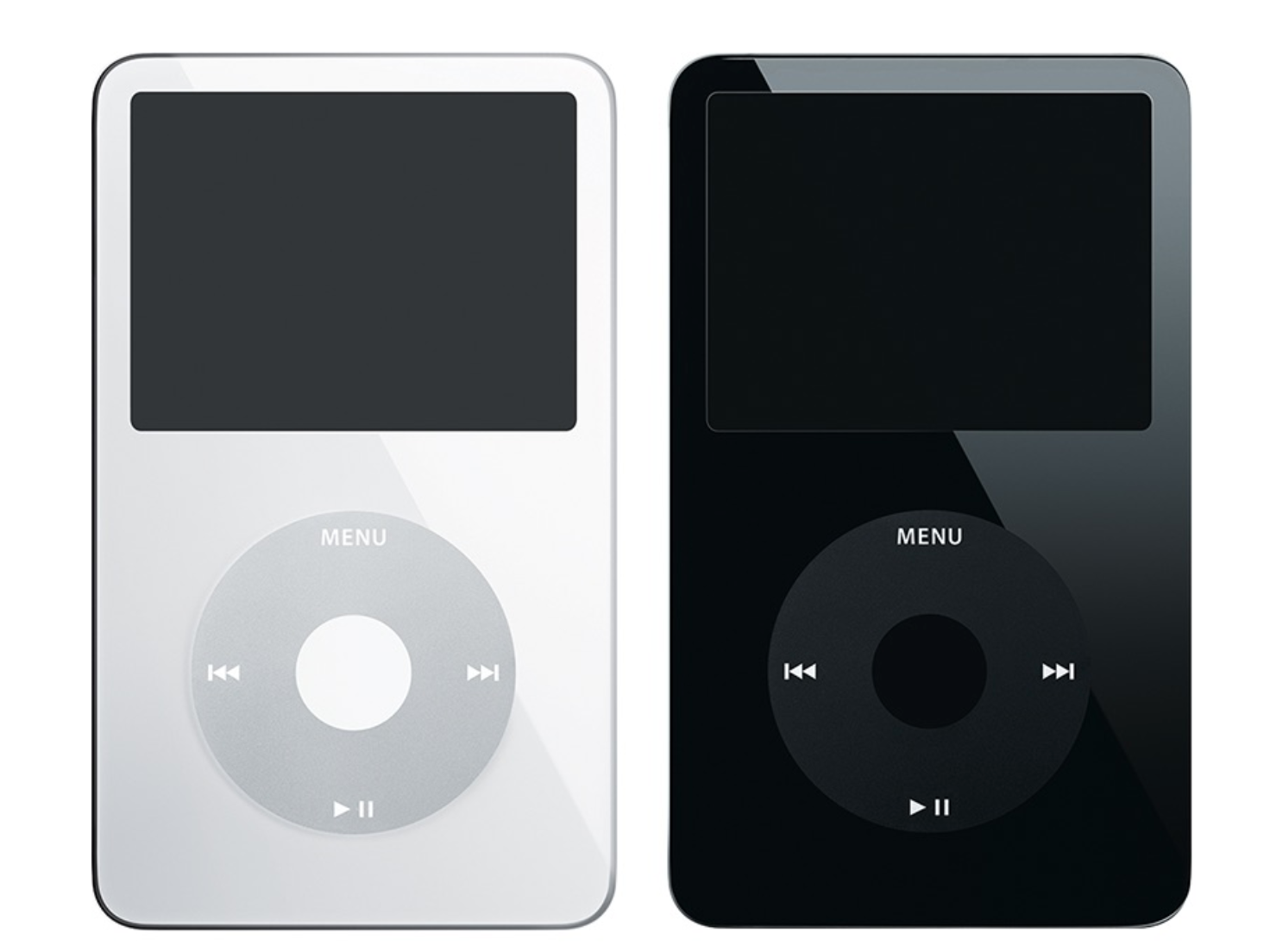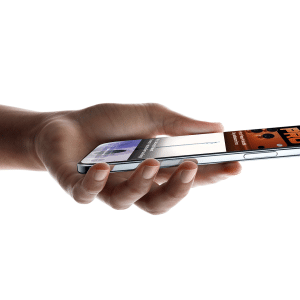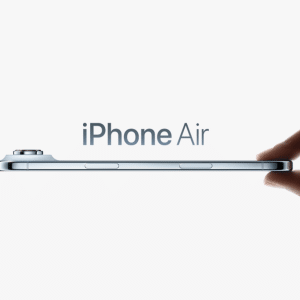When Steve Jobs first introduced the iPod in 2001, it was a game-changer for the music industry. The sleek, compact device allowed users to carry around thousands of songs in their pockets, and the easy-to-use iTunes software made buying and downloading music simple and convenient. But the iPod wasn’t just a hit with consumers – it also played a crucial role in the rise of Apple as a major player in the tech industry.
One of the key factors in the success of the iPod was its design. Jobs and his team at Apple put a lot of thought into the user experience, making sure the iPod was easy to navigate and use. But they also paid close attention to the aesthetics of the device, creating a sleek, minimalist look that was both modern and timeless. The white earbuds that came with the iPod also became iconic and synonymous with the brand.

The success of the iPod helped establish Apple as a leader in digital media and set the stage for the company’s later ventures in the music industry, such as the launch of the iTunes Store in 2003 and Apple Music in 2015.
The iTunes Store revolutionized the way people bought and downloaded music. Prior to its launch, downloading music from the Internet was often a confusing and frustrating experience. But with the iTunes Store, users could easily search for and purchase their favorite songs and albums, and download them directly to their computers or iPods. And the store’s simple, user-friendly interface made it easy for even the most technologically challenged users to navigate.
The launch of the service also had a significant impact on the music industry. Prior to its launch, the industry was struggling with declining album sales and the rise of illegal downloading. But the iTunes Store made it easy for consumers to purchase and download music legally, and the store’s success helped reinvigorate the music industry and boost sales.
Apple continued to innovate in the music industry with the launch of Apple Music in 2015. The streaming service offers users access to a vast library of songs and albums, as well as exclusive content and playlists curated by music industry experts. And like the iPod and iTunes Store before it, Apple Music has been a hit with both consumers and the music industry.
A timeline of music devices and services launched by Apple
- 2001: the iPod is introduced, featuring a 5 GB hard drive that could store up to 1,000 songs;
- 2002: the iPod mini is launched, featuring a smaller form factor and 4 GB of storage;
- 2003: the iTunes Store is launched, allowing users to purchase and download music directly to their computers and iPods;
- 2005: the iPod shuffle is introduced, featuring a compact design and shuffle feature for randomly playing songs;
- 2007: the iPhone is launched, featuring a built-in iPod music player;
- 2008: the iPod touch is launched, featuring a multi-touch interface and access to the iTunes Store and App Store;
- 2010: the iPad is launched, featuring a built-in iPod music player and access to the iTunes Store;
- 2015: Apple Music is launched, a streaming service that offers users access to a vast library of songs and albums, as well as exclusive content and playlists curated by music industry experts.

The role of music in the success of Apple cannot be overstated. From the introduction of the iPod to the launch of Apple Music, the company’s ventures in the music industry have played a crucial role in establishing it as a major player in the tech industry.
Apple has changed the way we listen to and interact with music. Keep an eye out for more news from Apple as the company continues to push the boundaries of liberal arts and entertainment.











